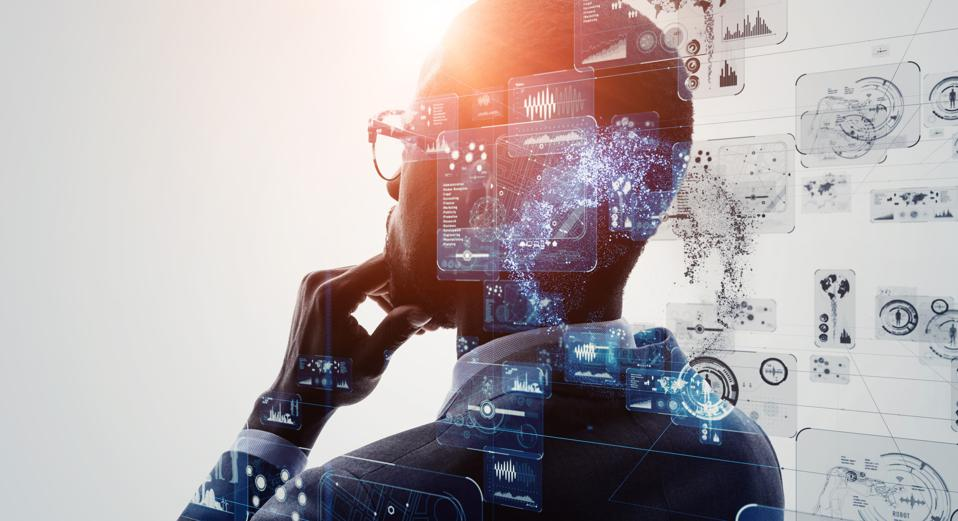The Impact of Artificial Intelligence on the Future of Work
Artificial intelligence (AI) is rapidly changing the way we live and work. From virtual assistants like Siri and Alexa, to self-driving cars and facial recognition technology, AI is everywhere. But what does the future of work look like as AI continues to evolve and become more prevalent?
One of the most significant impacts of AI on the future of work is automation. As AI technology improves, machines and software will be able to perform many tasks that were once done by humans. This includes repetitive and manual tasks, such as data entry and customer service. While this may lead to job loss in some industries, it also has the potential to free up workers to focus on more creative and fulfilling tasks. Additionally, it can help businesses to become more efficient and productive, leading to economic growth .
Another impact of AI on the future of work is the rise of "smart" workplaces. As more and more businesses adopt AI technology, the workplace will become increasingly digitized and connected. This will enable real-time monitoring and analysis of employee performance, as well as optimization of workflows and processes. It also allows for remote work and flexibility for employees as a way for them to stay productive wherever they are.
AI-powered virtual assistants and chatbots will also play a big role in the future of work. These tools can handle a wide range of tasks, such as scheduling appointments, booking travel, and answering customer questions. This will help to improve customer service and allow employees to focus on more complex tasks.
Despite the many benefits of AI in the workplace, there are also concerns about its impact. One of the main concerns is job displacement. As machines and software become better at performing tasks that were once done by humans, there is a risk that certain jobs will become redundant. There is also a concern about the "upskilling" and re-education needed for displaced workers to learn new skills and adapt to new roles.
Overall, the impact of AI on the future of work is complex and multifaceted. While it has the potential to bring many benefits, such as increased productivity and automation, it also raises important questions about job displacement and the need for re-education. However, with the proper investments in retraining and upskilling, we can ensure that the benefits of AI can be shared by all.
It's important to note that this is a general article for showcasing an example, technology and AI is a broad topic with many nuances, specific examples and industry might vary greatly.







No comments:
Post a Comment